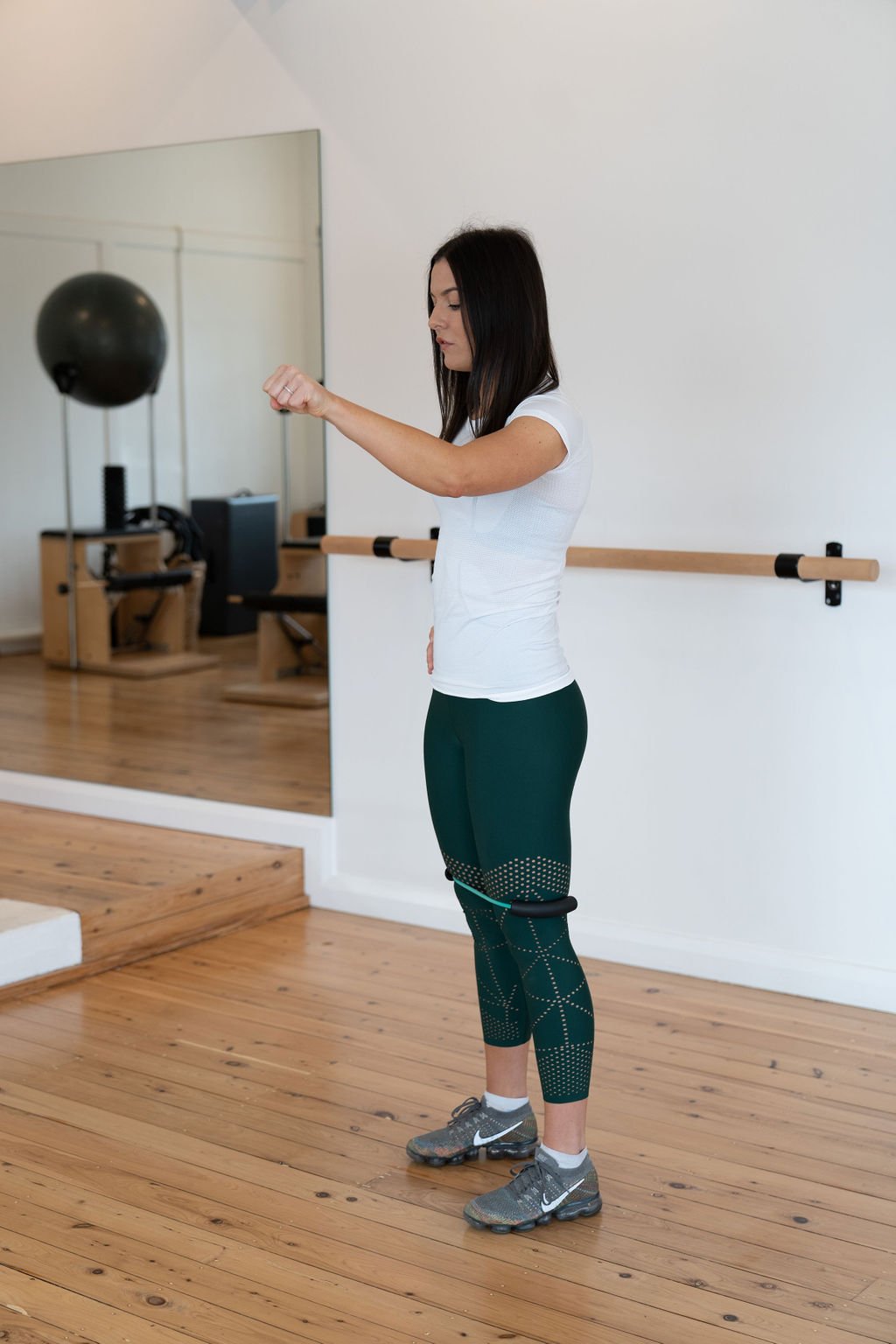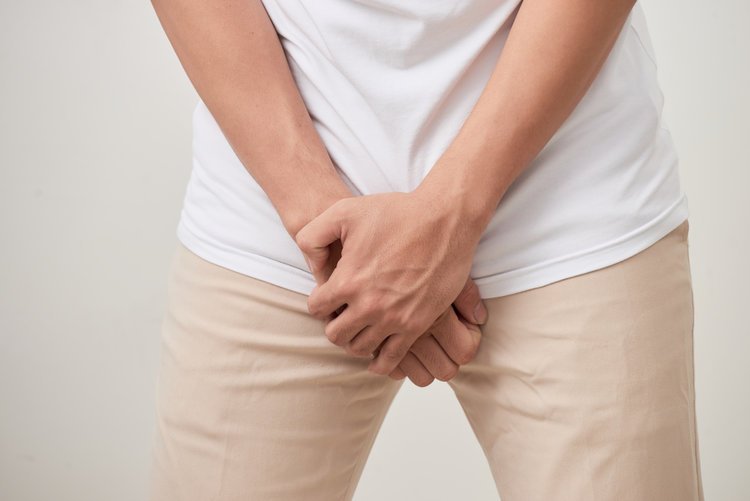PELVIC ORGAN PROLAPSE

A pelvic organ prolapse or ‘POP’ is where one or more of the pelvic organs (bladder, bowel or uterus) sits lower in the pelvis creating a bulge sensation at the vagina or anal opening.
Fifty percent of women who have had a vaginal delivery experience some degree of prolapse throughout their lifetime.
(Continence Foundation, 2021)
Despite this high incidence, many women with prolapses often suffer in silence, leading to delays in seeking care. At The Pelvic Studio we are working hard to change that! We are passionate about improving POP awareness and encouraging women to seek treatment to allow them to live normal, active lives despite their prolapse.
There is the high level of evidence for the effectiveness of pelvic physiotherapy in the management of prolapse. Research shows that pelvic floor rehabilitation can both improve symptoms and may reduce the severity of your prolapse. In other words, pelvic floor rehabilitation may help to lift your organs, so that they sit higher in the pelvis, reducing the degree of bulge present within the vagina/anus.
At The Pelvic Studio we manage your pelvic floor dysfunction holistically. Your rehabilitation will not only involve pelvic floor exercises, but we also assess and optimise: your posture, the way you move/lift, the strength of your muscles above & below your pelvic floor (such as your core and glute strength, hip and ankle stability), and your bladder & bowel habits.
In some cases, a vaginal pessary may be used as an adjunct to your management. A pessary is a small silicone device that is inserted vaginally acting like a support bra for your pelvic organs and vaginal walls. These can be fitted by a pelvic floor physio, gynaecologist or GP who is specifically trained in this area.
It is worth noting that all women have a degree of normal anatomical movement. Because of these normal variations, the International Urogynaecology Association (IUGA) and International Continence Society (ICS) state a women must be experiencing symptoms of POP in order to be diagnosed with POP.
These symptoms include:
· Bulging or dragging sensation in the vagina &/or back passage
· Low back & abdominal discomfort
· Changes in bladder and bowel habits e.g. difficulty emptying bladder/bowel easily
· Symptoms are typically worse in positions where gravity may take effect (e.g. standing) and better in positions across gravity (e.g. lying)
If you think you might be experiencing POP, we recommend an appointment with one of our experienced pelvic floor physiotherapists to complete a full assessment and provide you with a plan in line with your individual treatment preferences and goals.
more information

At The Pelvic Studio we treat many associated conditions of pelvic floor dysfunction, including but not limited to:
How Can Physiotherapy Help?
- Assessment and prescription of tailored pelvic floor muscle training to strengthen pelvic floor
- Assessment and management of abdominal muscles to optimise core strength
- Postural advice
- Defaecation dynamics
- Pessary management
- Tailored exercise rehabilitation to keep you active despite your prolapse
- Tailored small group classes under the guidance of a pelvic floor physiotherapist to support your rehabilitation and long-term activity goals.
Are there other things that can help me manage my prolaspe symtpoms?
- Activity modification for heavy lifting, deep squatting – your pelvic floor physio can provide advice on this
- Avoiding constipation
- Maintaining a healthy weight/BMI
- Exercise modifications as required
- Hormone therapy: speak with your Women's Health GP
- Vaginal pessaries (as previously mentioned)
- Surgery: in more severe cases surgery may be indicated
Can I keep exercising?
The Pelvic Studio are passionate about keeping you active despite your prolapse! It’s important to note that some exercises may worsen your symptoms and therefore require modification. However, with the right management that optimises both your pelvic floor and whole-body strength; the goal is that you are eventually unlimited in what you can do! Whether that's returning to hours in the garden or returning to running, TPS looks forward to working with your goals to get you back to what you love doing!








